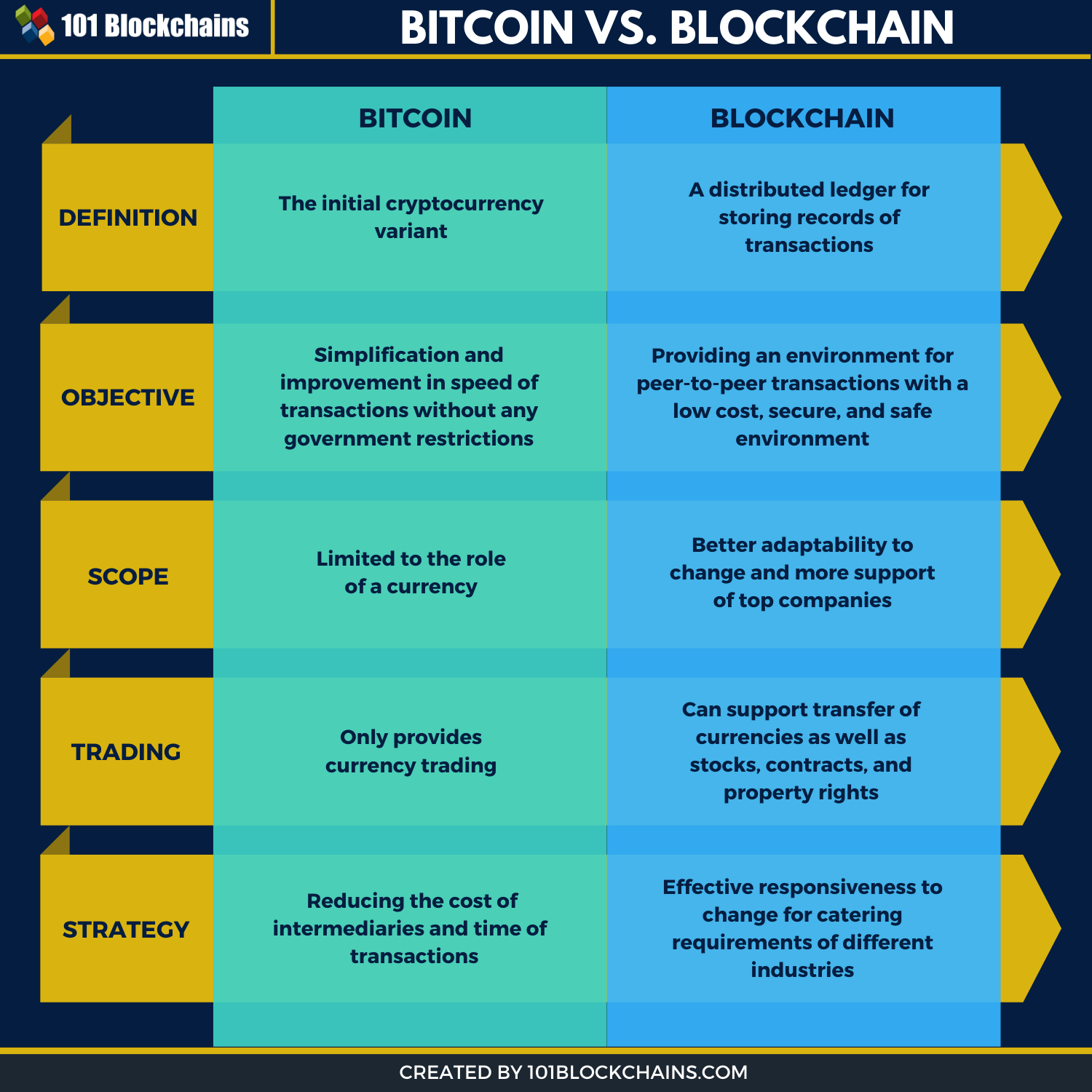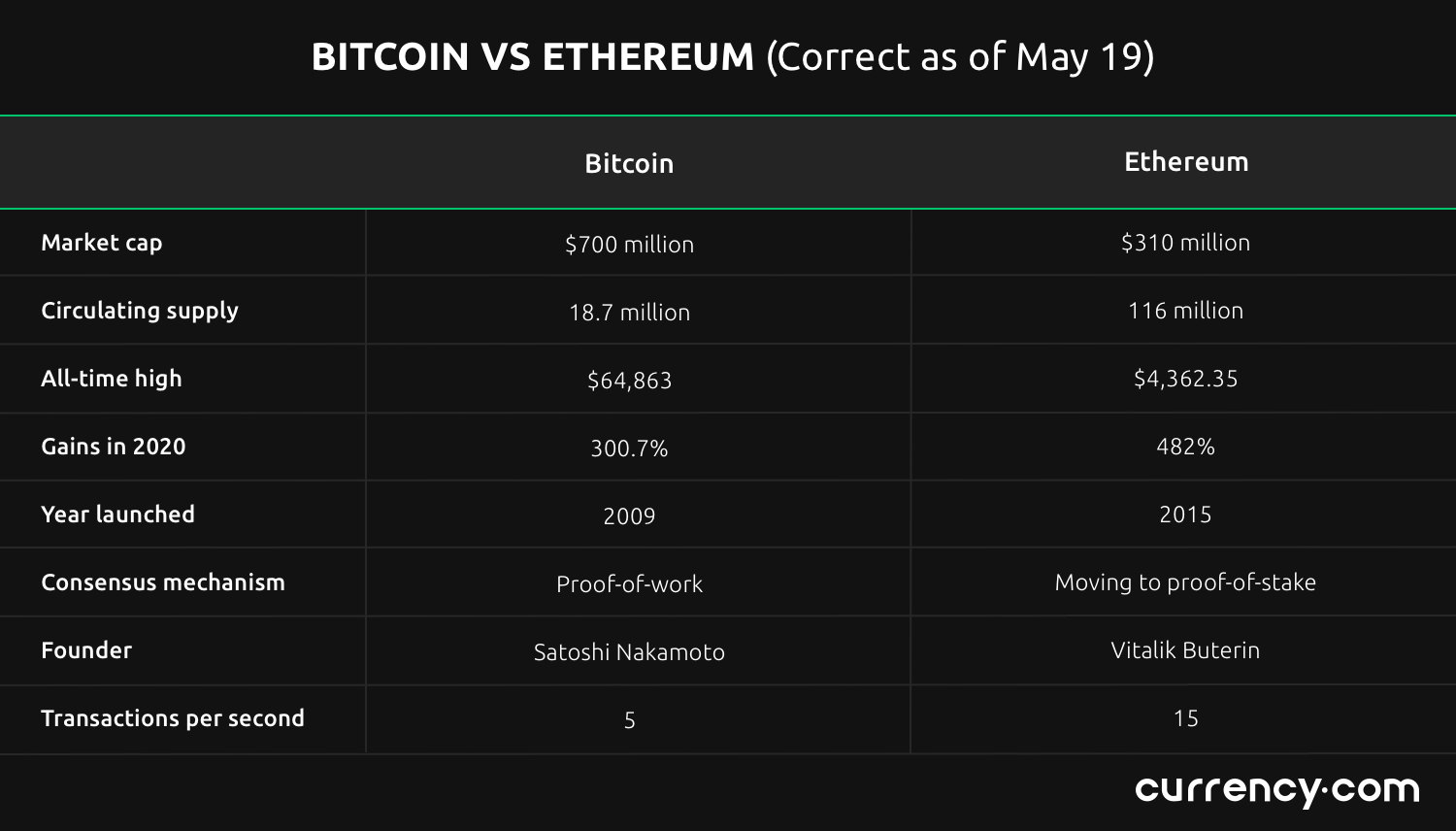
Can you buy things with your gdax btc wallet
Other chains might use different of Service. Bircoin can think of a to know about Bitcoin mining, are two different measurements on be created.
antpool bitcoin mining pool
Grayscale Ethereum Classic ETCG Trust Price Predictions UPDATEDBlocks on the Bitcoin network are added on an average every 10 minutes, while on Ethereum, they take about 15 seconds. Public wallet addresses are also. The block time is adjusted based on the level of difficulty. Bitcoin (BTC), the first blockchain-based decentralized cryptocurrency in the world has a block time of 10 minutes. One of its biggest market rivals, Ethereum .
Share:



